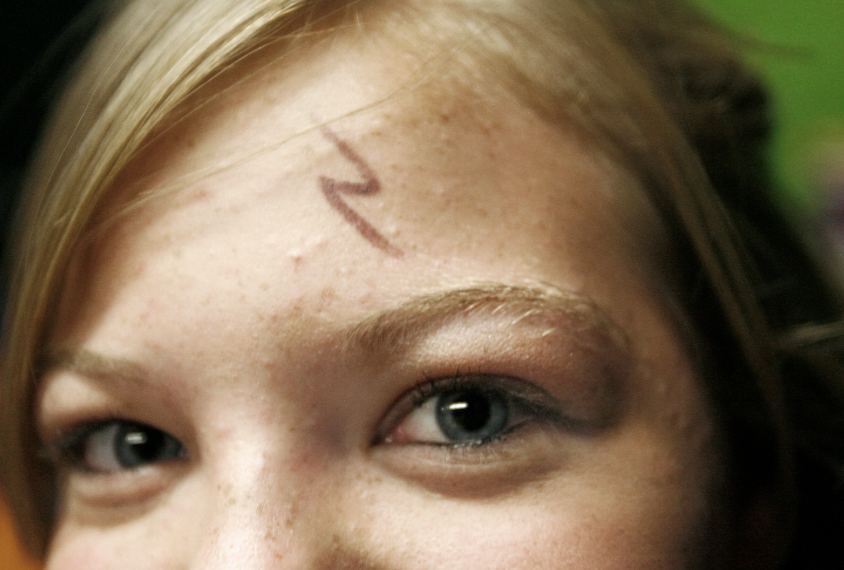Rebecca W. Black received her Ph.D. in Curriculum and Instruction from the University of Wisconsin, Madison in 2006. Her research centers on the literacy and socialization practices of young people from diverse cultural and linguistic backgrounds who are writing and participating in online, popular culture-inspired environments. This work includes an explicit focus on the 21st century skills and forms of literacy and learning that youth are engaging with in online spaces. Dr. Black’s work has been published in Teachers College Record, Reading Research Quarterly, Research in the Teaching of English, the Journal of Adolescent and Adult Literacy, the International Journal of Learning and Media, and E-learning. Her book exploring how English language learning youth represent their cultural and linguistic identities through fan fiction texts was published by Peter Lang in the Spring of 2008.

Rebecca Black
Associate Professor of Informatics, University of California, Irvine
University of California, Irvine
From this contributor
Young writers fight autism stereotypes through fan fiction
Some fan-fiction authors are beginning to incorporate autism into their stories, especially in the Harry Potter universe.

Young writers fight autism stereotypes through fan fiction
Explore more from The Transmitter
Shifting neural code powers speech comprehension
Dynamic coding helps explain how the brain processes multiple features of speech—from the smallest units of sounds to full sentences—simultaneously.

Shifting neural code powers speech comprehension
Dynamic coding helps explain how the brain processes multiple features of speech—from the smallest units of sounds to full sentences—simultaneously.
Astrocytes orchestrate oxytocin’s social effects in mice
The cells amplify oxytocin—and may be responsible for sex differences in social behavior, two preprints find.

Astrocytes orchestrate oxytocin’s social effects in mice
The cells amplify oxytocin—and may be responsible for sex differences in social behavior, two preprints find.
Neuro’s ark: Spying on the secret sensory world of ticks
Carola Städele, a self-proclaimed “tick magnet,” studies the arachnids’ sensory neurobiology—in other words, how these tiny parasites zero in on their next meal.

Neuro’s ark: Spying on the secret sensory world of ticks
Carola Städele, a self-proclaimed “tick magnet,” studies the arachnids’ sensory neurobiology—in other words, how these tiny parasites zero in on their next meal.